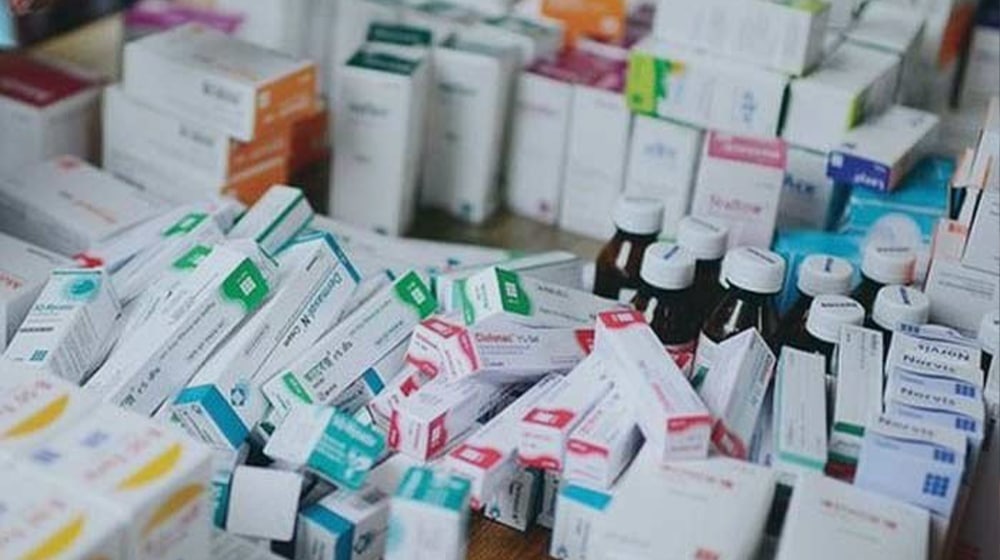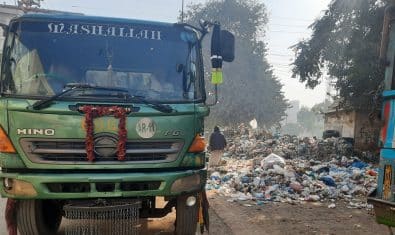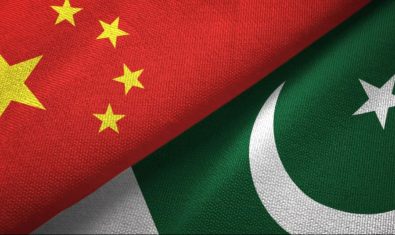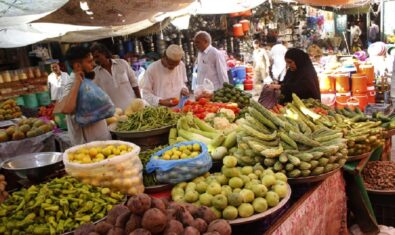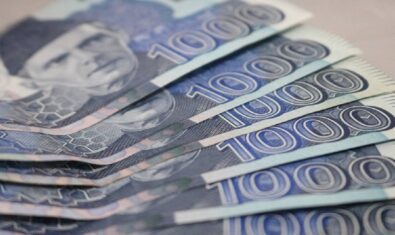The issue of persistent medicine shortages continues to plague Pakistan due to the government’s pricing policies and the heavy import of raw materials for manufacturing medicines.
Economist Shahid Mehmood, who is also a Research Fellow at the Pakistan Institute of Development Economics (PIDE), believes in addressing the most pressing issues in policymaking that tend to slip under the radar. One such issue is persistent medicine shortages that plague the country every year.
At PIDE, under leadership of Dr. Nadeem, we believe in bringing forth the most pressing issues in policymaking that tend to slip under the radar. One such issue is persistent medicine shortages that plague the country every year. What is it with 1/n
— Shahid Mehmood (@ShahidMohmand79) February 14, 2022
Discussing the prevalent issue on Twitter, economist Mehmood shed light on why government policies have continuously failed to solve these shortages.
Recalling 30 March 1954, the economist said that during a session of the Constituent Assembly, Abdul Monem Khan pointed to the severe shortages of medicines in the country. The Health Minister at the time, Tafazzal Ali, replied that import orders had been placed to ameliorate the shortages. Two decades later, in 1976, Arthur Homer Furnia, a US Health sector specialist, noted the shortages of medicines were due to a trend of siphoning off medicines, especially in government facilities (‘The dynamics of Health: Islamic Republic of Pakistan’).
Economist Mahmood remarked that medicine shortages are nothing new for this country. He said, “In 1954, there was hardly any pharmaceutical plant for medicine production. In 1976, there were less than 100. Now, there are around 750! But shortages still persist.”
He emphasized the need to understand the dynamics of Pakistan’s pharmaceutical industry. In the context of shortages, Mehmood said two aspects were extremely critical — the government’s pricing policy and the revelation that 95 percent of raw material for manufacturing medicines is imported.
Since 95 percent of the raw material for manufacturing medicines is imported, it puts the industry in a precarious position. Given global supply disruptions (as observed during COVID), the cost of imports (duties, tariffs, rupee depreciation, etc.) has significantly risen.
Mehmood mentioned that as of this moment, not a single Active Pharmaceutical Ingredient (API), out of the 1,200 or so used in Pakistan, is being manufactured locally (even in normal circumstances, domestic manufacture of APIs was never above 45).
He said, “Pakistan is completely dependent upon the import of APIs to manufacture medicines in the country. Lest someone is really non-associated with Pakistan’s economy, I am sure everybody realizes that the rupee has lost substantial value against the US dollar. This has made raw materials quite expensive”. As a consequence, expensive raw material begets the higher costs of manufacturing the same product. Unless the producer gets this cost covered, production becomes unfeasible, he maintained.
According to Mehmood, the Government of Pakistan has historically always been shy of granting price hikes in medicines since it is a “politically sensitive issue.” However, playing politics has sent a negative message to the business for decades, resulting in shortages. Regarding the government’s pricing policy, Mehmood explains that the policy on pharmaceutical pricing up until 2015 is based on the model where prices are fixed so that the majority of people can afford it.
According to Mehmood, fixing prices never works, rather gives rise to shortages of essential items, and medicines are no exception. “Govt’s fixation with controlled pricing has resulted in just that over the decades,” he added.
Between 2001 and 2013, the economist noted that Pakistan’s pharmaceutical industry went through a very torrid time since the government, at that time, refused to increase medicines prices. He pointed out as a consequence, the cost of production increased manifold during the period, forcing multinational companies (MNCs) to leave Pakistan, and thereafter, shortages became rampant.
Mehmood commented, “Although that destructive policy was abandoned, with two new pricing policies in 2015 and 2018 relating medicine price increases to CPI and reference pricing, granting an increase in prices is still largely a political matter, to be approved by Cabinet”. The new pricing policies gave pharmaceutical corporations the authority to raise prices automatically in accordance with a predetermined formula. The Cabinet, however, abolished such discretion in July 2020 following public and media outrage over escalating medicine prices.
According to Mehmood, this was not the first time the government had backtracked on its own promises. After the media caused a stir in 2015 when price hikes were permitted after almost a decade, the government revoked those directives, resulting in lengthy court proceedings and the 2018 policy, which was enacted after the Supreme Court intervened.
Mehmood opined that such regulatory setbacks on price issues foster unethical behavior among industry players who consequently apply illicit practices to offset escalating costs. For example, if the production of a registered brand is halted, a new brand is registered (same formulation but at a higher price).
On the flip side, raw material is either sold at black market rates or smuggled. A few days ago, ANF caught 1,086 liters of Ketamine (API used in psychotropic drugs) worth Rs. 34 billion. Similarly, a large retailer buys up all stocks of a drug that it knows will become short.
According to Mehmood, this is what happened in the recent Panadol shortage case, when 27,000 boxes were confiscated from a godown (warehouse) in Peshawar, Khyber Pakhtunkhwa. “What happened? Depreciation of rupee shot up paracetamol price from Rs. 600 to Rs. 2,600/kg. Plus, higher production costs,” he said.
Against this backdrop, the domestic pharmaceutical sector recently asked the government to raise Panadol prices, as producing the medicine at current rates is no longer commercially sustainable. However, due to the government’s refusal at the time, production slowed, resulting in shortages, and major players started stockpiling Panadol, hence worsening shortages.
Although the government has now agreed to raise Panadol prices, economist Shahid Mehmood reckons that the black market created as an aftermath of recurrent shortages — perpetuated by the government’s refusal to increase Panadol prices earlier — resulted in the siphoning of millions of rupees out of the customer’s pocket and across the country.
